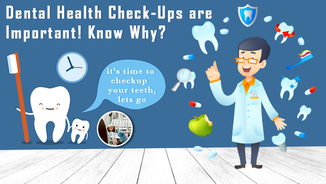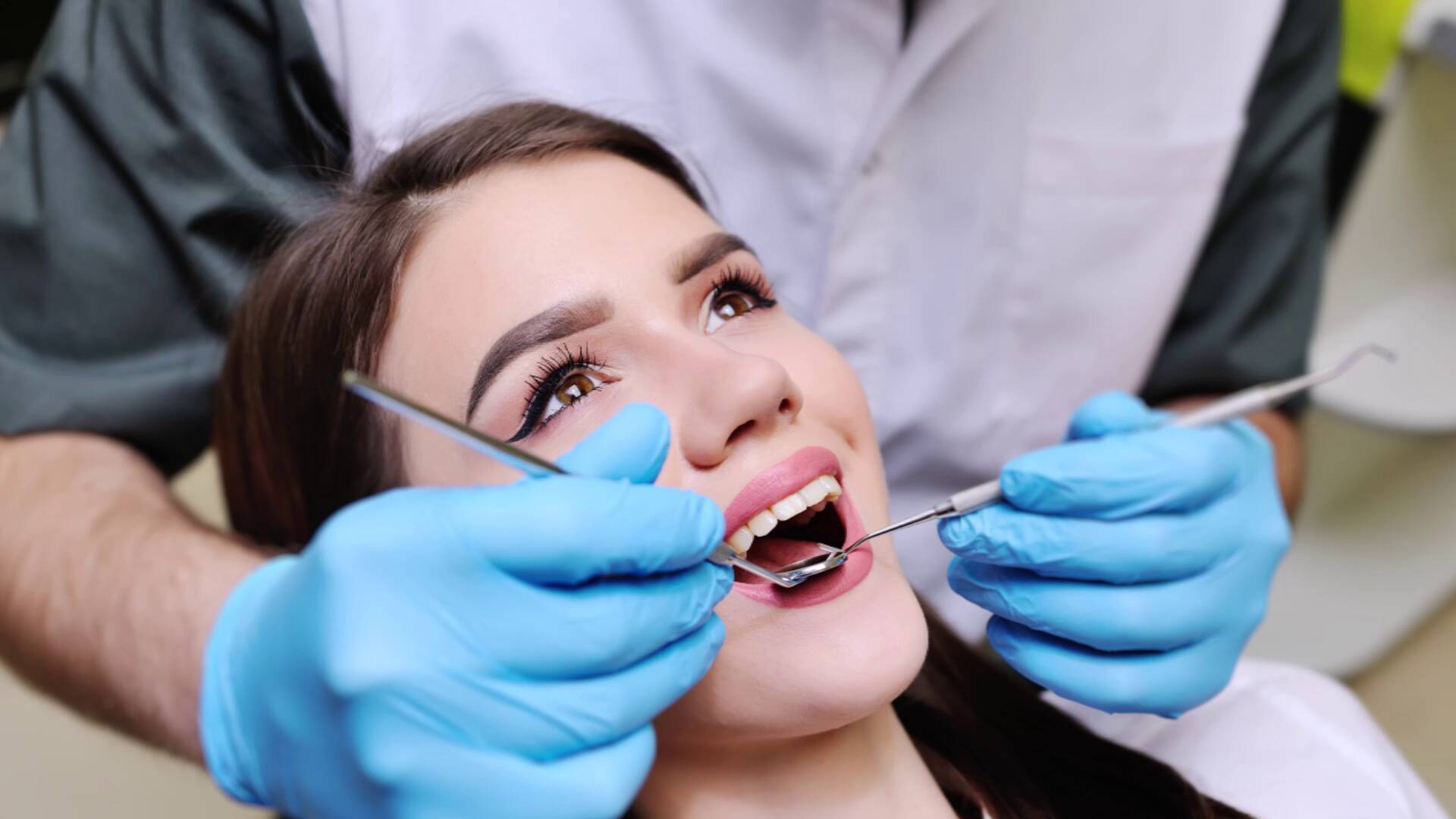
Healthy Smiles: Dental Well-being Routines
Maintaining optimal dental health goes beyond sporadic brushing. In this article, we delve into the importance of consistent dental well-being routines and the key practices that contribute to a lifetime of healthy smiles.
Understanding the Significance of Dental Well-being
Dental well-being is not solely about achieving a bright smile; it’s integral to overall health. Poor oral health has been linked to various systemic conditions, including heart disease and diabetes. Understanding the broader implications emphasizes the importance of consistent dental well-being routines.
Daily Brushing: The Foundation of Oral Care
The cornerstone of dental well-being is daily brushing. Using a fluoride toothpaste and a soft-bristled toothbrush, brush your teeth twice a day. Ensure that you cover all surfaces of your teeth and brush for at least two minutes. This routine helps remove plaque, preventing tooth decay and gum disease.
Flossing: A Crucial Step in Oral Hygiene
Flossing is often overlooked, but it is a critical component of dental well-being routines. Dental floss reaches areas between teeth and along the gumline where a toothbrush might miss. Regular flossing helps prevent cavities, gum disease, and contributes to overall oral hygiene.
Regular Dental Check-ups: Prevention is Key
Scheduled dental check-ups are vital for preventive care. These appointments allow your dentist to detect issues early, preventing them from progressing into more significant problems. Professional cleanings also remove hardened plaque, promoting healthy gums and teeth.
Balanced Diet: Nutritional Support for Teeth
Diet plays a role in dental health. A balanced diet rich in calcium, vitamin D, and phosphorus contributes to strong teeth and gums. Avoid excessive sugary snacks and acidic beverages, as they can contribute to tooth decay. Nourishing your body supports dental well-being.
Limiting Harmful Habits: Smoking and Excessive Sugar
Certain habits can harm your dental well-being. Smoking increases the risk of gum disease and oral cancer. Excessive sugar consumption contributes to cavities. Limiting or quitting these harmful habits positively impacts not only your dental health but also your overall well-being.
Fluoride Protection: Strengthening Tooth Enamel
Fluoride is a natural mineral that strengthens tooth enamel, making it more resistant to decay. Ensure your toothpaste contains fluoride, and consider additional fluoride treatments if recommended by your dentist. Fluoride protection is a proactive step in maintaining dental well-being.
Mouthwash and Oral Rinse: Supplemental Care
Mouthwash and oral rinses can be valuable additions to dental well-being routines. They help reduce plaque, fight bacteria, and freshen breath. Choose products with fluoride for added protection. However, these should complement, not replace, regular brushing and flossing.
Educational Resources for Dental Well-being
For comprehensive information and resources on dental well-being routines, visit Studentals.net. Explore articles, tips, and expert advice to enhance your oral care routine and maintain a healthy smile throughout life. Education is empowering, and informed choices contribute to lasting dental well-being.
In conclusion, cultivating dental well-being is a lifelong commitment that involves daily routines and regular professional care. By understanding the significance of consistent oral hygiene practices, incorporating preventive measures, and seeking educational resources, individuals can foster a lifetime of healthy smiles. Embrace these routines for not just a bright smile, but also for overall well-being.



